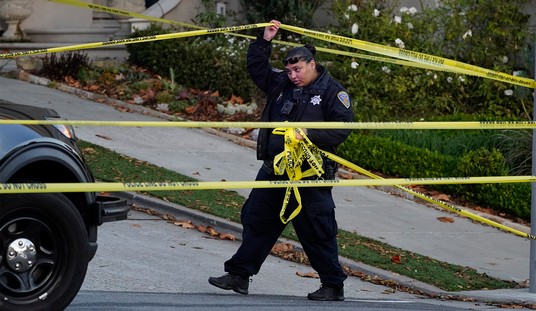TikTok, you don't stop.
At least that’s what the new Trump administration has decided, reversing a ban on the app that was instituted by Congress for national security reasons. ByteDance has been given a 75-day extension to sell TikTok to a non-Chinese owner.
President Trump said he changed course from letting the ban go into place because “TikTok is largely about kids, young kids. If China’s going to get information about young kids, I don’t know. To be honest with you, I think we have bigger problems than that.”
But both the ban and the President’s remarks fail to recognize the more-present threat to our children posed by TikTok. A threat that needs to be taken seriously precisely because “TikTok is largely about kids, young kids.”
We as parents shouldn’t get too comfortable with TikTok, or any social media platform for that matter, when it comes to our children. As parents and grandparents, we need to exercise caution and vigilance when giving children access to smartphones and other devices.
Social media platforms aren’t innocent. The reality is that predators target children online to sexually exploit or extort them. Social platforms have harmed teens’ mental health and exposed teens to sexual harassment. Children and teens have been targeted by powerful algorithms with eating disorder and other harmful content. Children can access sexually explicit and graphically violent content with a click of a button.
In the case of TikTok, kids, young kids – are being targeted by a powerful algorithm designed to keep them hooked on the platform. Internal memos and documents reveal that TikTok executives knew exactly how many videos it would take to get young users addicted: 260.
Kids, young kids – are falling into patterns of addiction, depression and sexual exploitation because of the app, which is why 14 state Attorneys General have filed lawsuits against TikTok.
Recommended
Kids, young kids – some as young as 15 – were being paid by adults to strip on TikTok’s “LIVE” feature. According to reporting from NPR, “Officials at TikTok discovered that there was ‘a high’ number of underage streamers receiving a ‘gift’ or ‘coin’ in exchange for stripping — real money converted into a digital currency often in the form of a plush toy or a flower.” Here again, internal memos show that TikTok executives were aware that they’ve “created an environment that encourages sexual content.”
Kids, young kids – were exposed to content including normalization of pedophilia, minor sexual solicitation, minor physical abuse, glorification of minor sexual assault, and fetishizing minors on the platform because of poor content moderation and inadequate parental controls.
But TikTok isn’t the only tech platform that has fallen in terms of child protection.
New Mexico sued Snap (Snapchat parent company) “alleging that the messaging app's policies and design features facilitate the sharing of child sexual exploitation material,” according to Reuters.
Meta has been revealed by media outlets, whistleblowers, and lawsuits as fueling child sexual exploitation, providing a platform for pedophiles, and enabling sexually explicit and other harmful content that targets teens, especially teen girls.
Our children are worth protecting. And it is imperative that the tech industry is held accountable and begins to take digital dangers seriously.
The situation is so serious that last year, then U.S. Surgeon General Vivek Murthy called for adding “warning labels” to social media platforms, citing mental health and other concerns. “There is no seatbelt for parents to click, no helmet to snap in place, no assurance that trusted experts have investigated and ensured that these platforms are safe for our kids,” he wrote.
Last year we began to see strong bipartisan support in Congress for the Kids Online Safety Act and the Children and Teens’ Privacy Protection Act (COPPA 2.0). As concerned citizens, we need to continue to push Congress to pass bills that will hold tech and social media companies accountable. U.S. House Speaker Mike Johnson has promised to revisit the Kids Online Safety Act “early” this year. We need to hold him to that promise.
Regardless of whether TikTok is permanently banned in the U.S. or if another buyer steps up, kids, young kids, will continue to be harmed by digital platforms until Congress acts.
>
Melissa Henson is the vice president of the Parents Television and Media Council, a nonpartisan education organization advocating responsible entertainment. On X: @ThePTC
























Join the conversation as a VIP Member